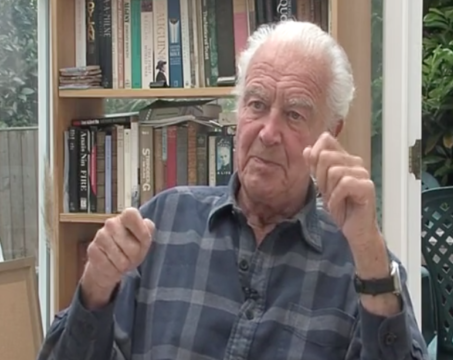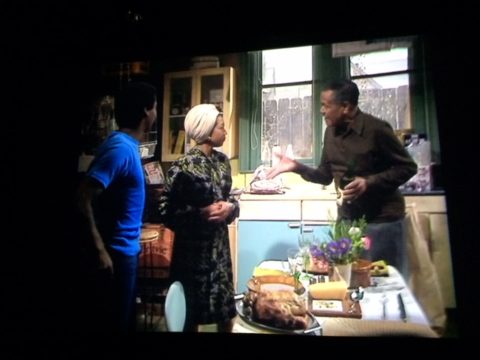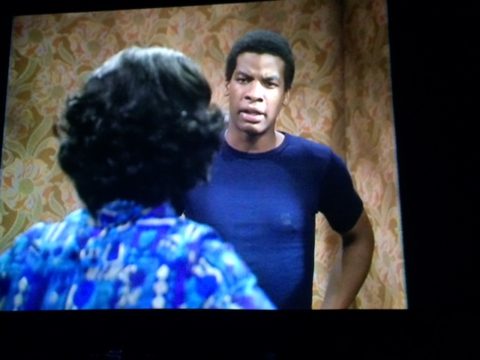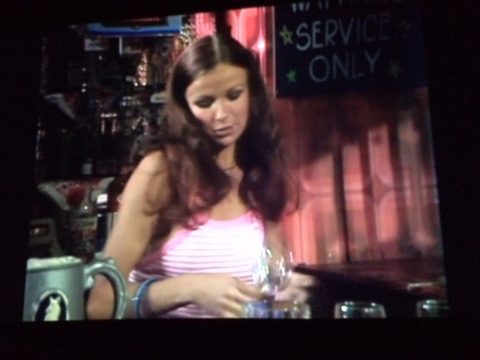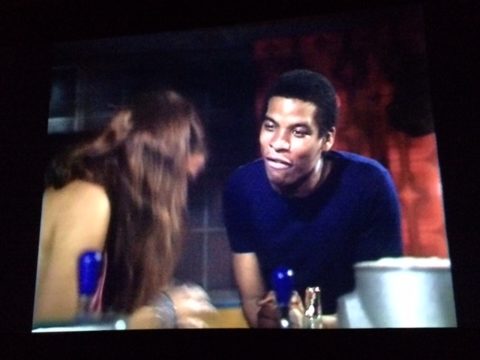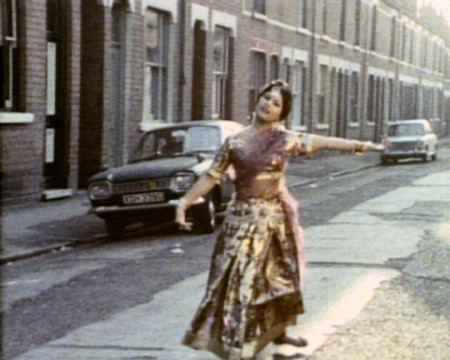 Here is the Radio Times entry for the 1981 Playhouse production, Days at the Beach, starring Julie Walters. It was produced by David Rose, and directed and written by Malcolm Mowbray. John Kenway was the cameraman, with Chris Rowlands being the film editor, and Margaret Peacock being the designer. Roger Gregory was the script editor. Thanks to Roger for keeping the copy safe since 1981.
Here is the Radio Times entry for the 1981 Playhouse production, Days at the Beach, starring Julie Walters. It was produced by David Rose, and directed and written by Malcolm Mowbray. John Kenway was the cameraman, with Chris Rowlands being the film editor, and Margaret Peacock being the designer. Roger Gregory was the script editor. Thanks to Roger for keeping the copy safe since 1981.
The following comment was posted on the Pebble Mill Facebook page:
Steve Saunderson: ‘Days at the Beach was a very classy piece of writing and direction by Malcolm Mowbray on which I was the un-credited Camera Operator. We shot most of it on Harlech Beach and Llandudno Pier. The very talented Graham Hazard was my Focus Puller who was constantly battling the sand being blown into the camera kit. Micky Patten was the Grip?I think Mick Murphy was on this too, maybe he’ll correct me on this. I remember Julie Walters was very nervous on one scene with her husband who had returned “Shell-Shocked” from the battle fields of WW 1. It was one of her first film roles, and it was a very difficult scene. After the take she tugged frantically at my sleeve and whispered “was I ok? was I ok?” I whispered back that she was perfect and she smiled back at me. I felt very humble. I also remember Stephen Bill, known from “Nuts in May” played a great part. A lot of night shoots.’
